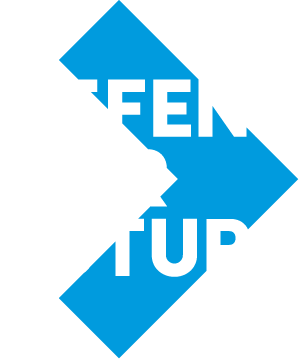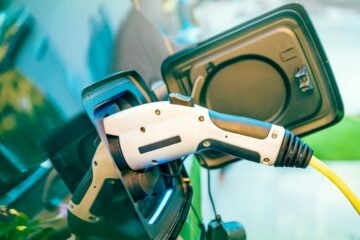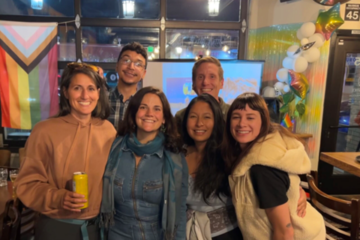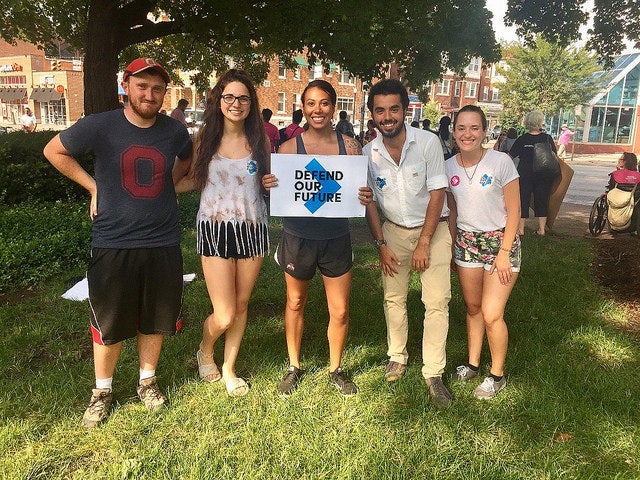As we celebrate the legacy of Martin Luther King, Jr. to advance equal rights, a new study found that many racist housing policies of the mid-twentieth century led to greater heatwave risks in vulnerable neighborhoods.
“Redlining” was a common practice of systematically denying public and private investments in communities of color. Banks deemed the neighborhoods risky investments, so African Americans were denied home ownership and insurance. Housing stock in these communities fell into disrepair. And the public sector denied even basic services — including the planting of trees and building of green spaces.
Half a century later, these neighborhoods — still largely occupied by black and brown families — are getting hotter than neighborhoods that weren’t redlined. Neighborhoods that were redlined in the mid-twentieth century were found, on average, to be five degrees warmer today than neighborhoods that weren’t. And in some cities, redlined neighborhoods were found to be a staggering 12 or 13 degrees warmer than non-redlined neighborhoods.
It is appalling and infuriating. But it would be disingenuous to pretend it is a complete surprise. Climate change is a deeply intersectional issue — and that’s why we must focus our attention on the root causes of climate injustice.
The Defend team has been reflecting on all of this recently — systemic racism, climate change, intersectionality. As Rev. Dr. Martin Luther King, Jr. said, “injustice anywhere is a threat to justice everywhere.”
Simply put, we cannot march if we cannot breathe. We cannot make our voices heard if we cannot vote.
Defend Our Future’s work is guided in large part by the successes of Dr. King and the knowledge that collective organizing from young people works. The March on Washington drew more than 200,000 people and captured the world’s attention. The Montgomery Bus Boycott was a pivotal moment in the fight for equality. Landmark legislation advancing civil and voting rights owe a debt to Dr. King and others, many of who were no older than you and me. And young people were essential partners to those achievements. Dr. King and other young leaders had made profound progress on civil rights, but that work is far from over.
As we ramp up action for a pivotal year in the fight against climate change, we’re constantly asking each other variations on the same question — how do we organize on the scale needed to bring about the change that is necessary? How do we move toward a 100% Clean future that works for everyone? How do we reach and inspire young people on a grand scale to work together and demand the change we need to make climate justice a priority?
For our part, we always say that the 100% clean future we’re working for is for 100% of us. That’s why we’re taking the time this MLK Day to reaffirm our commitment to lift the voices of people and communities most impacted by climate injustices in the United States. We’re also reaffirming our commitment to support voting rights — and stand up to voter suppression — wherever we can. Because if 2020 is to be a year of climate action it must also be a year of actions that reduce injustice, call out systemic racism and advance equality.To borrow another quote from Dr. King, the time is always right to do what is right. And no more so than now.
We hope Defenders take time this weekend to reflect on the injustices in their own communities, and how we can work collectively to solve them. Dr. King proved the value of organizing to advance civil rights for the benefit of future generations. If we work together, we can advance a better climate future. Not just for ourselves, but for generations to come.




